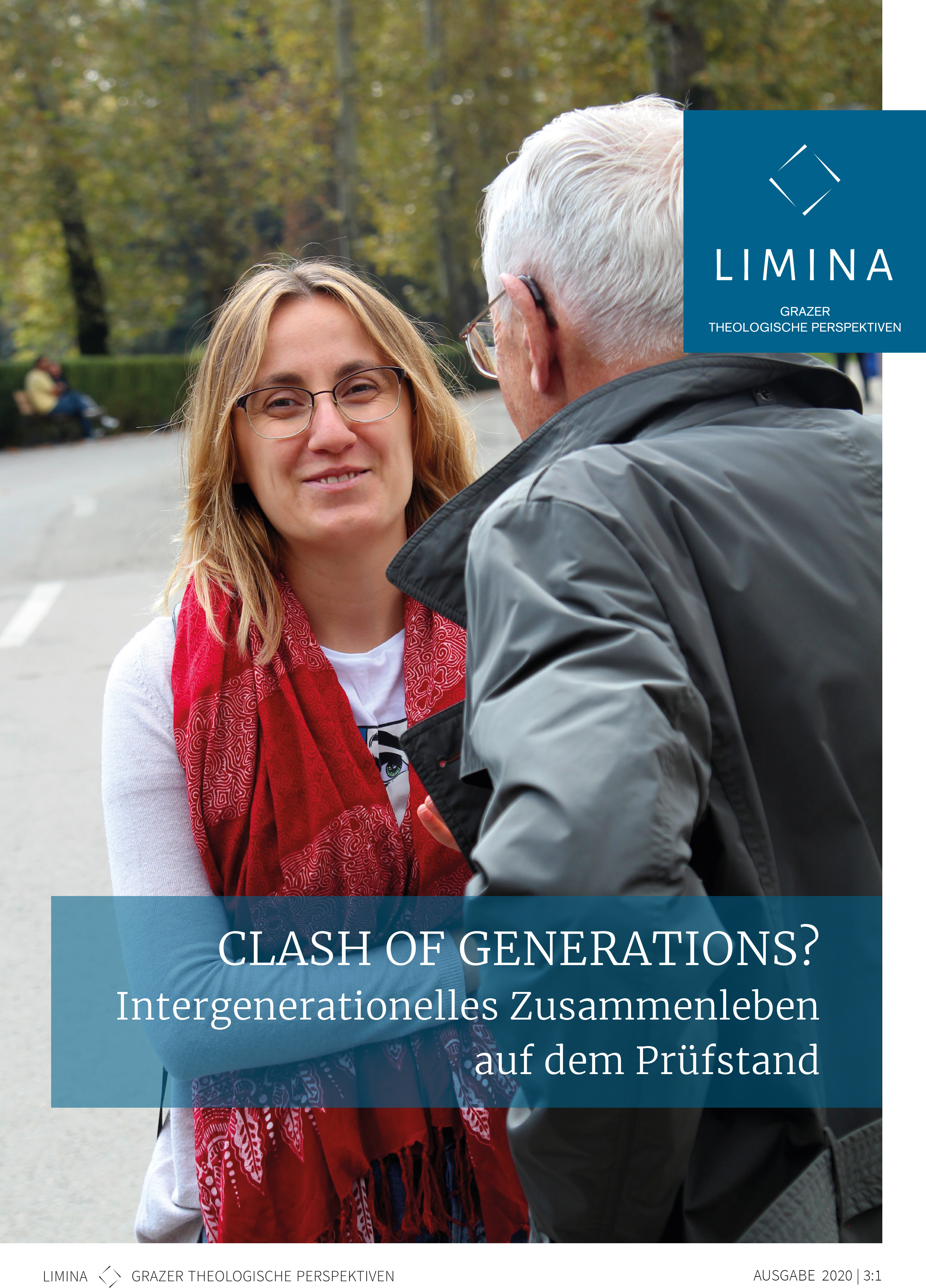From educational alienation to educational attainment Transformative processes of identity, tradition and religion on the example of students with a Turkish background in Austria
Main Article Content
Abstract
Academic as well as public discourse on migration and the opportunities available to children and adolescents of immigrant parents in Austria is still largely focussed on disadvantages. This article shines a light on how second-generation students with a Turkish background were able to overcome challenges associated with having parents with a lower educational level, achieve academic success and thus upward social mobility. Following Pierre Bourdieu’s concept of habitus, the present empirical-qualitative research examines habits of success, life experiences, intrinsic and extrinsic motivation, behavioural patterns and strategies of action relevant to educational attainment. Interviews with academically successful students reveal resources that helped them despite or rather because of their migration experience, how they leveraged these resources and how they compensated a lack thereof. The study focuses on the formation of (cultural) identity and the relationship young people have with their parent’s traditions and religion. This relationship may undergo significant transformational processes as part of the educational process.
Article Details
The author(s) retain copyright without any restriction.
LIMINA provides immediately upon publication open access to its content. The content of this journal is licensed under the Creative Commons Attribution 4.0 International Licence. By submitting a contribution, the author(s) agree(s) to the terms of use of the CC BY licence.

